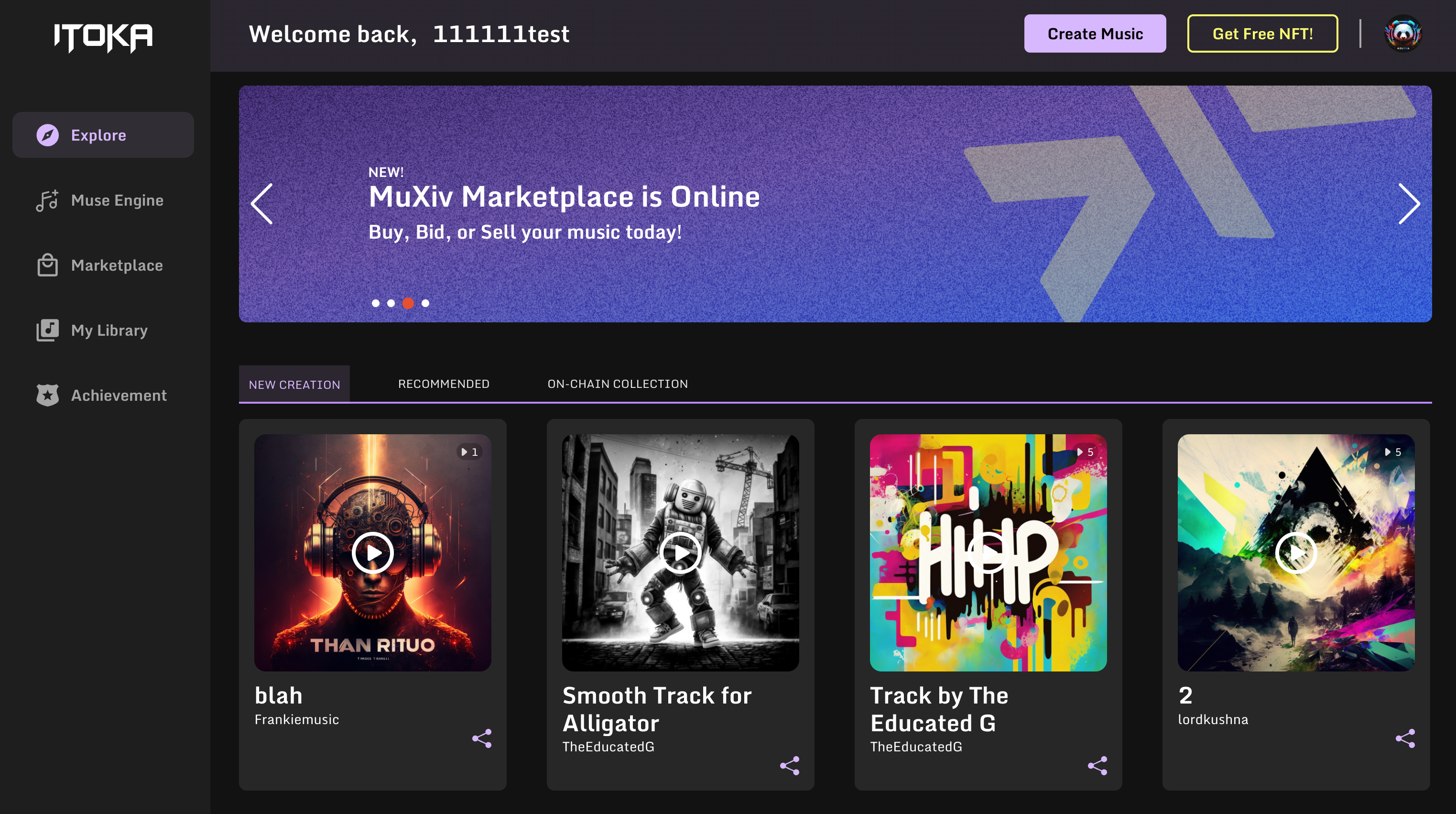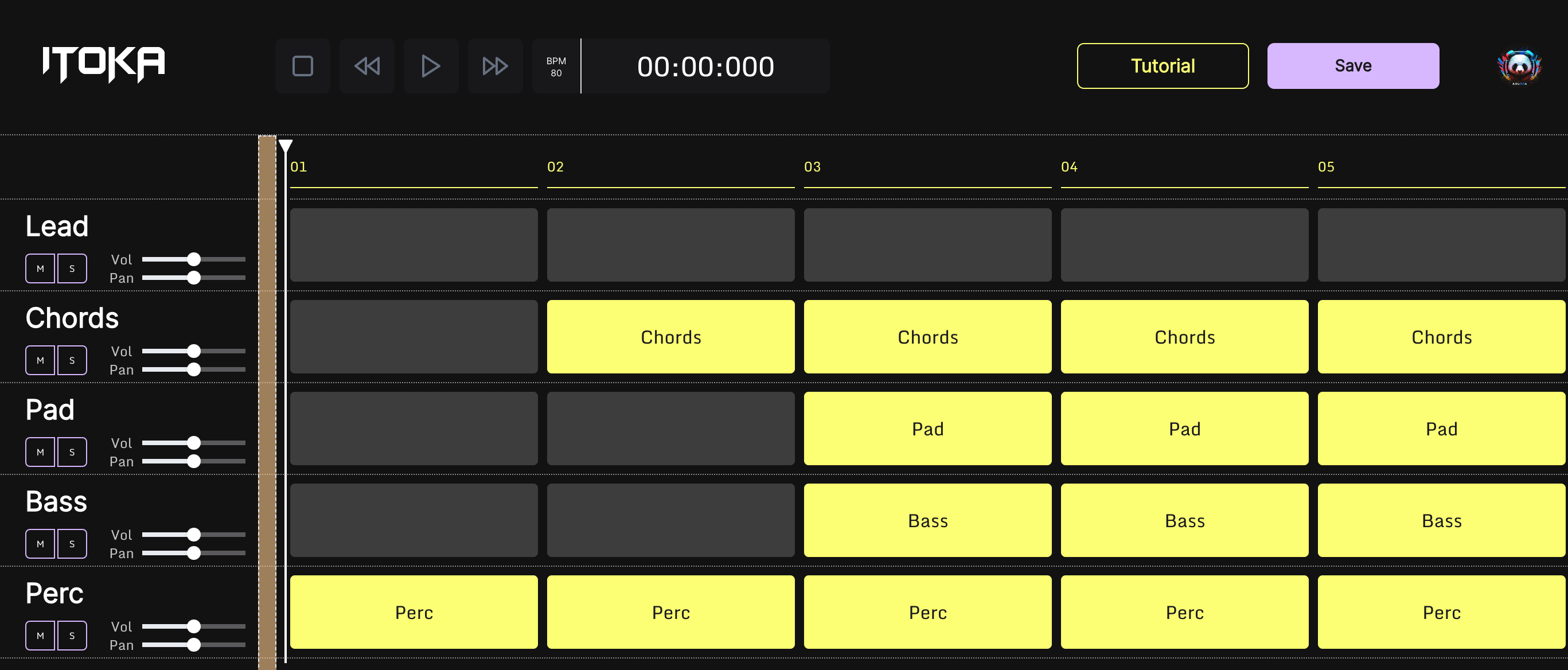AI-generated music is quick changing into a actuality. Because of instruments like Meta’s MusicGen, it’s now potential to create midway respectable songs in a spread of types with out ever having to play an instrument, learn sheet music or be taught to make use of a DAW,
However whereas the inventive potential of generative AI music instruments is nothing lower than extraordinary, the instruments additionally threaten to upend the music trade’s copyright established order. That’s as a result of, with a view to “be taught” to create new songs, the instruments have to be “educated” on huge databases of present songs — not all the time with the artists’ blessings.
It’s pitting musicians towards labels. Common Music Group has labeled all AI-generated music utilizing present artists’ voices as “fraud.” However, art-pop musician Grimes vowed to permit her voice for use in AI music with out penalty.
The foundations round AI-generated music are murky at current. A number of lawsuits making their approach by means of the courts will seemingly have a bearing on music-generating AI, together with one pertaining to the rights of artists whose work is used to coach AI techniques with out their information or consent. But it surely’ll be months earlier than the primary choices are made public and months extra, probably, if the circumstances are appealed.
Within the meantime, some startups, trying to get forward of regulators, are proposing requirements of their very own round generative music IP. One is Itoka, which was not too long ago accepted into the Allen Institute for AI’s startup incubation program.
Itoka, co-founded by Malcolm Yang and Yihao Chen, seeks to “tokenize” music content material, particularly AI-generated content material, on the blockchain in order that creators can independently license that content material and obtain compensation each time it’s used. Itoka plans to briefly maintain the possession of songs and provides creators full licenses for his or her industrial use, whereas on the similar time stopping plagiarization and “illegal monetization” on its platform.
“Itoka is a decentralized music platform we developed to allow knowledge self-sovereignty, the permanence of music storage, digital rights administration, world music accessibility and creator governance,” Yang and Chen advised starcrypto in an e-mail interview. “We set up a brand new paradigm for copyright safety that doesn’t depend on the bodily copyright workplace to implement the authorized standing however quite on code-operated sensible contracts.”

Picture Credit: Itoka
If the thought of tying licensing to the blockchain — a shared, immutable ledger to trace belongings — sounds acquainted, that’s as a result of Itoka’s not the primary startup to try to take action.
Just some months in the past, web3 challenge Dequency launched a decentralized portal for music rights holders and creators that permits for ostensibly simpler licensing and funds for content material. Across the similar time, music producer Justin Blau, also called 3LAU, launched a tune licensing service known as Royal, which collaborated with the favored rapper Nas to permit followers to amass nonfungible tokens (NFTs) that gave them possession rights over a number of the artist’s songs.
However alongside its blockchain-based licensing scheme, Itoka gives music creation instruments powered by music-generating AI fashions. And it plans to companion with musicians who contribute their work for AI coaching functions on a compensation plan.
“Sooner or later, everybody can have the facility to provide music, and there will likely be a large quantity of high quality music produced each day for varied functions,” Yang and Chen mentioned. “As music manufacturing turns into democratized, the institution of the present music trade and its monopoly will likely be considerably undermined. This may urge individuals to rethink creativity and artistry in content material creation.”
Itoka’s music era instruments, a minimum of as they exist right now, are easier than these lofty phrases would possibly counsel.
After creating an account, customers can select from one in all a number of genres and sentiments — together with “EDM,” “Hip Hop,” “Lofi” and “Emotional” — to have Itoka’s engine generate a five-track tune routinely, within the background. After selecting album artwork for the brand new tune, Itoka throws customers right into a block-based composing interface, the place they will edit facets such because the tune’s tempo, bass and chords.

Picture Credit: Itoka
The AI’s nowhere close to as sturdy or capabable as text-to-music techniques just like the aforementioned MusicGen. However Itoka locations an emphasis on ease of use over customizability.
As soon as a tune’s been created, it may be listed on the Itoka market for licensing. Yang and Chen declare that there’s been over 1,900 songs generated by way of the platform up to now and that these songs have been listened to for a collective over 3 million minutes.
That’s off to a good begin. However my query is, who’s going to license a library of AI-generated songs — significantly songs that sound comparatively generic in comparison with the typical royalty-free music library?
Yang and Chen say that they’re going after recreation builders as one in all their prime buyer segments — builders who’d usually license from one of many bigger content material libraries. To this finish, Itoka has a partnership with Canva and “a number of recreation studios” — Yang and Chen wouldn’t say which — for content material licensing.
“Sooner or later, we will likely be more than pleased to maneuver on to different buyer sectors and supply the most-fitting options and options,” Yang and Chen mentioned. “There are some AI-friendly musicians who’d like to assist us push the boundaries of know-how and music creativity, and we sincerely hope that we will obtain greatness with them collectively.”
Time will inform.

